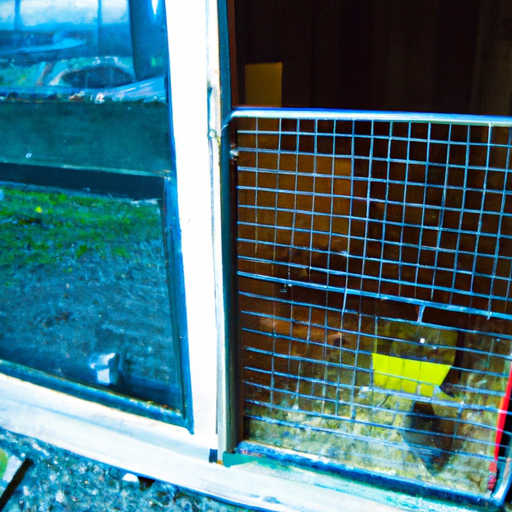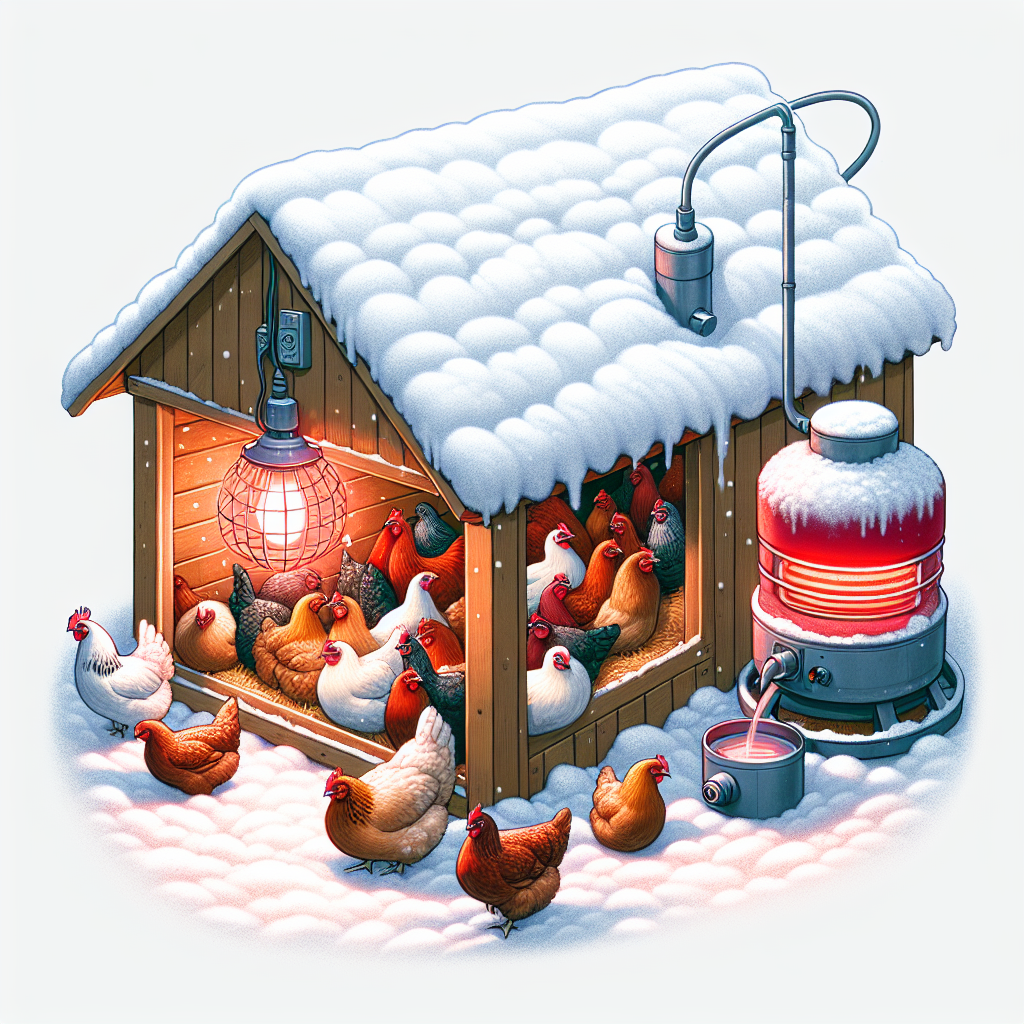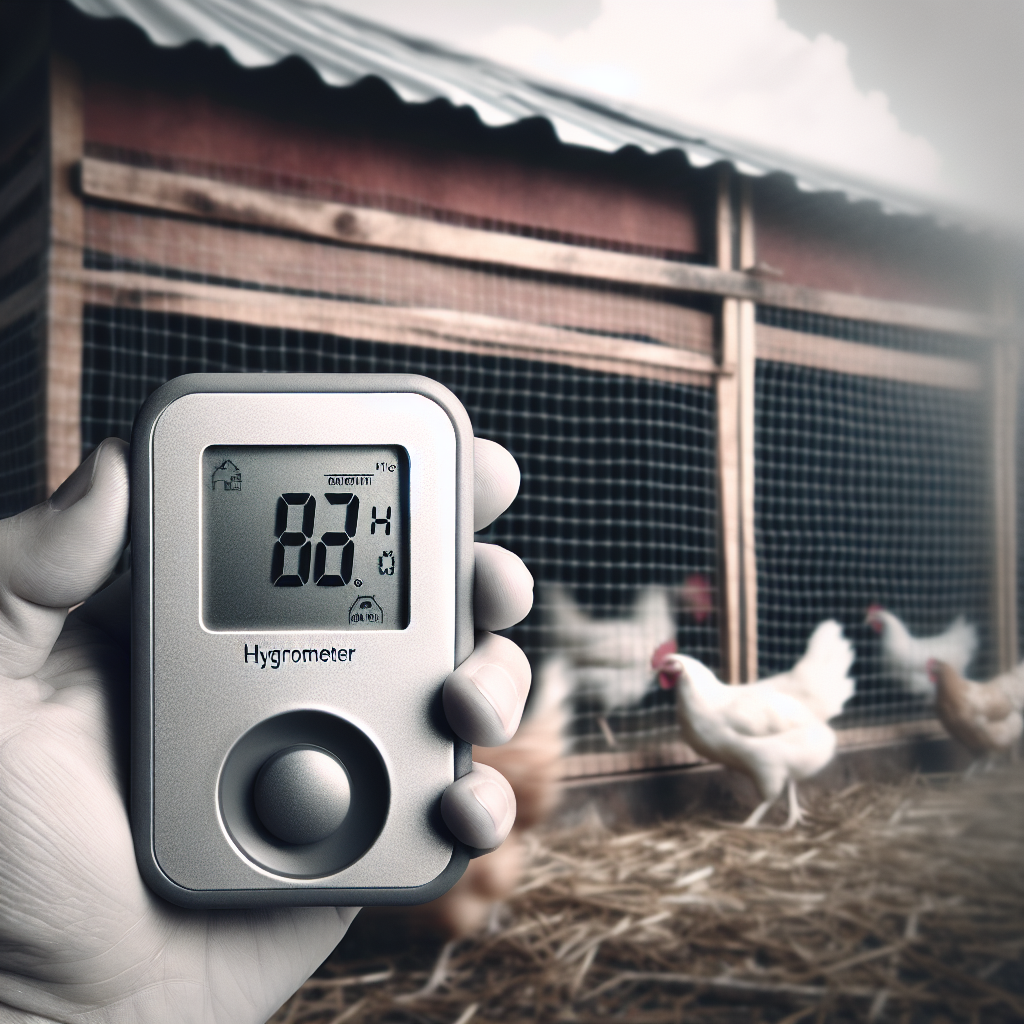So you’re a proud chicken owner, but you’ve noticed that your feathered friends are showing signs of frostbite. Don’t worry, we’ve got you covered! In this article, we’ll explore the precautions you should take if you observe frostbite symptoms on your chickens. From providing proper shelter to implementing feeding strategies, we’ll guide you through the necessary steps to ensure the health and well-being of your beloved flock. Let’s dive right in and keep those chickens cozy and comfortable during the chilly winter months!
Preventing Frostbite in Chickens
As a responsible chicken owner, it is important to take precautions to prevent frostbite in your flock. Frostbite occurs when exposed body parts become frozen, leading to tissue damage and potentially serious health issues for your chickens. By following these essential measures, you can ensure the well-being of your feathered friends during the colder months.
Provide a Cozy and Insulated Coop
One of the most crucial steps in preventing frostbite in chickens is to provide them with a cozy and insulated living space. This means ensuring that their coop is well-insulated and properly sealed against drafts. By doing so, you create a warm and protected environment for your chickens to thrive in.
To start, choose appropriate insulation materials such as foam boards or insulating blankets to line the walls and ceiling of the coop. This helps to trap heat inside and keep the cold air out. Additionally, seal any gaps or cracks in the coop walls and windows to prevent chilly drafts from entering.
Use Bedding and Deep Litter Method
Another important measure to prevent frostbite is to use suitable bedding and implement the deep litter method in the coop. Bedding materials like straw or wood shavings provide an extra layer of insulation and help retain heat, keeping your chickens comfortable.
To maintain adequate bedding depth, regularly add fresh bedding to ensure it remains fluffy and efficient at retaining warmth. Furthermore, be diligent in cleaning and replacing the bedding regularly to prevent moisture buildup, as excess moisture can contribute to frostbite.
Ensure Proper Ventilation
While it may seem counterintuitive, proper ventilation plays a crucial role in preventing frostbite. Good ventilation helps to remove excess moisture and prevent the buildup of ammonia, which can be harmful to your chickens’ respiratory health.
To achieve proper ventilation, ensure that your coop has vents or windows strategically placed to allow fresh air circulation. However, be cautious of creating drafts, as direct airflow can be harmful to your chickens. Striking a balance between moisture control and fresh air circulation is key.
Use Heat Lamps or Radiant Heaters
In extremely cold temperatures, providing supplementary heat is often necessary to protect chickens from frostbite. Heat lamps or radiant heaters can help maintain a cozy temperature inside the coop.
When using heat lamps, position them carefully, ensuring that they are secure and away from any flammable materials. It is vital to regularly monitor the temperature and adjust the heat source as needed to keep the coop comfortably warm without overheating.
Avoid Moisture Buildup
Moisture buildup in the coop can contribute to frostbite, as wet conditions can lead to freezing temperatures and increased humidity. Therefore, it is essential to properly manage water sources and address any leakage or spills promptly.
Make sure waterers are securely sealed to prevent leaking and regularly check for any water spills. Additionally, ensure proper drainage in the coop to prevent stagnant water from accumulating. By keeping the coop dry, you significantly reduce the risk of frostbite in your chickens.
Protecting Combs and Wattles
The combs and wattles of chickens are particularly susceptible to frostbite due to their high exposure. Taking precautions to protect these vulnerable areas can help prevent frostbite.
One effective method is to apply petroleum jelly, such as Vaseline, on the combs and wattles to create a protective barrier against the cold. There are also commercially available frostbite products specifically designed for chickens, which can provide an added layer of protection. Additionally, some natural remedies, such as herbal salves or vegetable oils, can also be beneficial in safeguarding combs and wattles.
Maintain Good Nutrition
Maintaining good nutrition is crucial for your chickens’ overall health and plays a role in preventing frostbite. A well-balanced diet provides the necessary nutrients to keep your chickens strong and resilient against the cold.
Ensure that your chickens have access to a balanced diet that includes a mix of grains and poultry feed. Additionally, ensure they have ample access to fresh water, as dehydration can make chickens more susceptible to frostbite. Avoid feeding excessively cold food, as this can lower their body temperature and increase the risk of frostbite.
Prevent Frostbite with Vaseline
An effective and widely used method to prevent frostbite is to apply petroleum jelly, such as Vaseline, on exposed body parts. This creates a protective barrier against the cold and helps insulate the skin, reducing the risk of frostbite.
Apply a thin layer of Vaseline on combs, wattles, and any other body parts exposed to the cold. Reapply it as needed, especially if the chickens have been exposed to moisture. This simple measure can go a long way in protecting your flock from the harmful effects of frostbite.
Monitor Chickens Regularly
Regularly monitoring your flock is essential to catch any signs of frostbite early on. Perform daily health checks and pay close attention to any changes in your chickens’ behavior, appearance, or overall well-being.
Watch out for any signs of frostbite, such as pale or discolored skin, swelling, or blisters. If you notice any of these symptoms, take immediate action to prevent further damage.
Act Promptly when Frostbite is Detected
If you observe frostbite symptoms on any of your chickens, it is crucial to act promptly to prevent further harm. Move the affected chicken to a warmer area immediately, ensuring they are shielded from the cold. Minimize handling and stress to avoid aggravating the condition, as chickens with frostbite can be sensitive and in pain.
If the frostbite appears severe or you are unsure how to proceed, seek veterinary care. A professional opinion can help guide the necessary treatment and ensure your chicken’s well-being.
By following these precautions, you can significantly reduce the risk of frostbite in your chickens. Creating a warm and protected environment, maintaining proper ventilation, and monitoring your flock diligently are key steps towards keeping your feathered friends safe and healthy during the colder months. Remember, a little extra care goes a long way in ensuring the well-being of your chickens, even in freezing temperatures.




